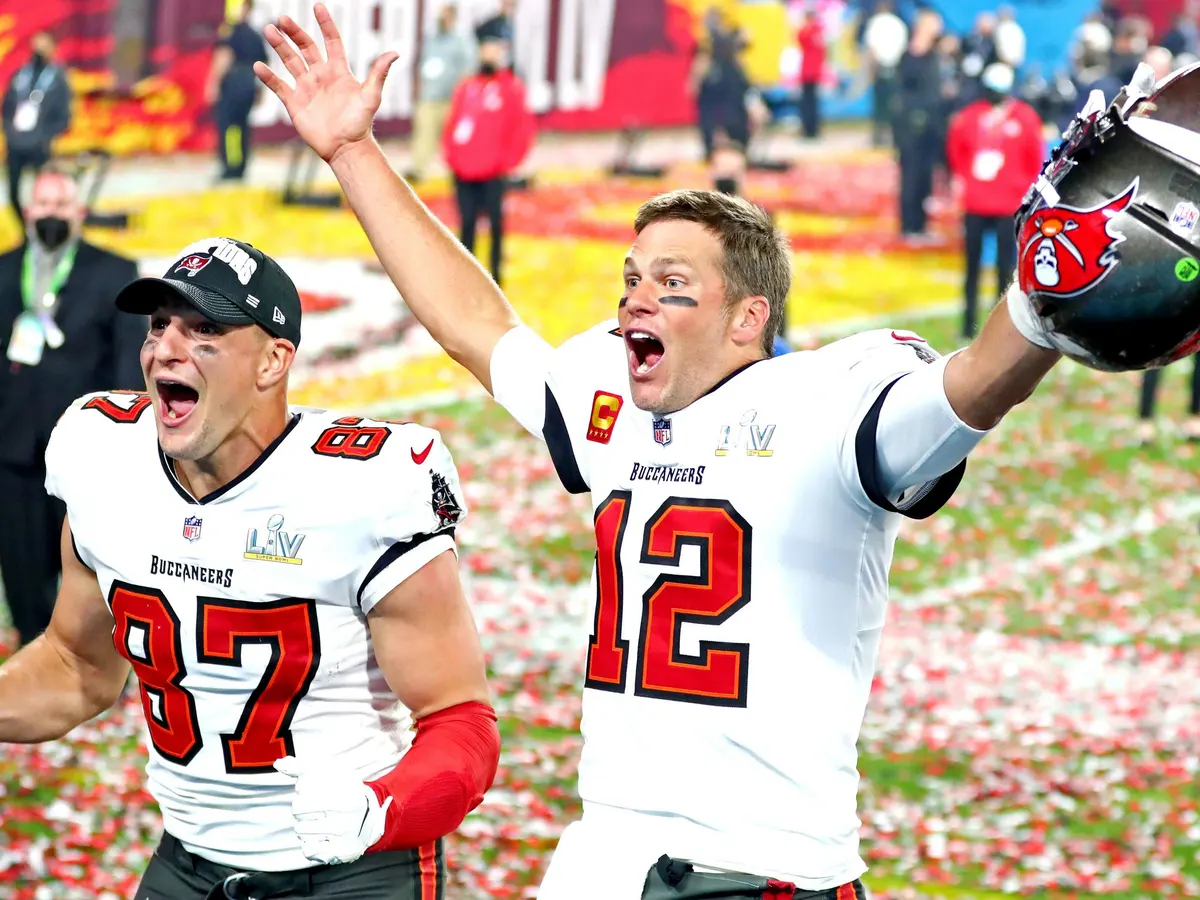The Super Bowl, a zenith of professional American football, not only brings immense pride and glory to the victors but also significant financial gains. It’s a moment where athleticism meets lucrative rewards, painting a vivid picture of what’s at stake for NFL owners and players alike.
Let’s dive into the economics of winning the Super Bowl, revealing the substantial impact it has on a franchise’s value and the hefty payouts that come with lifting the Vince Lombardi Trophy.

The Owner’s Prize: A Super Bowl Windfall
When a team clinches the Super Bowl title, its owner is not just awarded the prestigious Vince Lombardi Trophy; there’s also a considerable monetary benefit. According to Equity Atlas, a Super Bowl victory can enrich an NFL owner by approximately $30 million, courtesy of the league’s payouts. This victory not only signifies a season of successful team management and strategic gameplay but also boosts the franchise’s value dramatically.
A report underscores the magnitude of this victory, estimating a franchise’s value can surge by 20-30% following a Super Bowl win. This enhancement in valuation is a testament to the Super Bowl’s colossal impact, transcending beyond the field and into the financial statements of the franchise.

The Players’ Share: Rewarding Victory
The journey to the Super Bowl is laden with potential earnings for the players, culminating in a significant payday for the champions. As outlined by syracuse.com, players on the Super Bowl-winning team are set to receive $164,000 each in prize money, a notable increase from the previous year. Conversely, the runners-up are compensated with $89,000 each, highlighting the financial stakes of the final showdown.
The playoff structure further adds layers to the players’ potential earnings, with different payouts assigned to each round of the postseason. Whether a wild-card victory or clinching the conference championship, each step toward the Super Bowl is financially rewarding.
The NFL’s Financial Playbook: A Billionaire’s League
Beyond the glitter of the Super Bowl, the NFL operates on a scale of financial grandeur, with average franchise revenues standing at $581 million. The league, renowned as a billionaire’s playground, sees its franchises valued at an average of $5.1 billion, placing them among the elite sports teams globally. This financial might underscores the lucrative nature of professional American football, driven by passionate fan bases, media rights, and commercial partnerships.
IT'S SUPER BOWL DAY pic.twitter.com/enc2vrpR0e
— Tiffani ♡ (@LavenderKelce) February 11, 2024
Conclusion: More Than Just a Game
Winning the Super Bowl is the pinnacle of success in the NFL, carrying with it not only the prestige of being the best in the league but also significant financial perks. For the owners, it means a substantial addition to their wealth and an increase in their franchise’s value.
For the players, it represents a tangible reward for their hard work and dedication throughout the season. And for the league, it’s a confirmation of the NFL’s status as a powerhouse of professional sports, combining athletic excellence with financial success.
As the Kansas City Chiefs and the San Francisco 49ers gear up for Super Bowl 2024, the anticipation extends beyond the field, touching the realms of financial stakes and rewards. It’s a reminder that in the NFL, victory is not just measured in points scored but also in millions earned, solidifying the Super Bowl’s place as a landmark event in the sports world.










